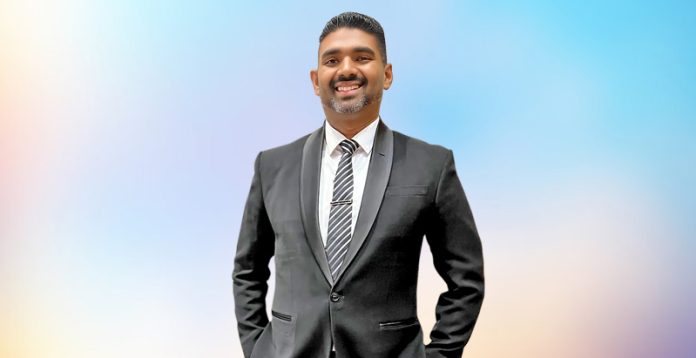Mr Malintha Fernando is an accomplished leader in the food production industry, with extensive experience and a proven track record in driving success across various sectors. As Managing Director of Lihini Sea Foods (Pvt) Ltd, one of Sri Lanka’s largest seafood exporters, Malintha Fernando has demonstrated expertise in negotiation, operations management, product development, and strategic planning.
He also serves as Director of Lihini Nature Products (Pvt) Ltd, exporting virgin coconut oil and coconut-based products. His leadership extends further as Director of the Lihini Group and Arangala Forest Lodge (Pvt) Ltd, while serving as a Board Adviser for the Sri Lanka Export Development Board (EDB) FISHERIES sector.
Malintha holds a degree in Food Technology and Processing from RMIT University and a Postgraduate Diploma in Travel Tourism Economics and Hotel Management from the University of Colombo. An alumnus of St. Peter’s College, he brings a strong educational foundation and a strategic vision to his ventures in both the food production and hospitality industries.
Q: Can you provide an introduction to your company?
Lihini Sea Foods (Pvt) Ltd began its operations in 2003. We currently export fresh seafood to 13 countries. Locally, we supply to more than 150 hotels, restaurants, and reputed supermarket chains. Our workforce consists of 120 employees. The factory is accredited with quality standards such as BRC AA grade, IFS higher grade, ISO 22000, FDA, HACCP, and GMP. Our products are also HALAL-certified and sustainability-certified with the Friend of the Sea Certification.
Q: What were the biggest challenges did your company face?
Some of the biggest challenges we faced included the ban on Sri Lankan seafood exports to Europe and losing the GSP+ scheme. Europe is the main market for most Sri Lankan seafood exporters, and this was a huge setback for our industry. Then we had the Covid-19 crisis and the Sri Lankan economic crisis. During Covid, regular flights for seafood exports were disrupted, and airports were suddenly closed. We were left with processed fish and had to manage clients, airlines, local suppliers, and staff. The economic crisis also hit hard; our fishermen couldn’t access fuel, and the price of fuel increased four-fold, which drove up fish prices, making us less competitive.
Q: What strategic decisions did you make during these challenges?
We were forced out of the markets in Russia, Ukraine, and Israel due to ongoing wars. With many airlines cancelling flights to these destinations, we had to find alternative solutions and explore new markets. This led us to think differently and shift towards value-added products. Currently, we have introduced seafood sausages to the consumer market, along with fish balls, fish nuggets, and more. We now offer six different seafood sausages and two types of fish balls, providing a natural and healthy alternative packed with protein and Omega 3. Also, we have developed the marinated and ready-to-cook sea food products, which are convenient for the busy consumers.
Q: How do you view innovation and growth?
I strongly believe in innovation, research, and development as the key to surviving in a highly competitive world. My goal is to deliver better products to our customers—products that are safer to consume, without additives, artificial preservatives, flavours, or colours.
Q: How do you manage people and talent within your organisation?
People management and retention are critical in our industry, which is highly labour-intensive. We provide our staff with the freedom to work independently and the authority to make their own decisions. Team spirit is strong within our organisation, and we regularly organise team-building activities and get-togethers, setting our company culture aligned with keeping the staff morale high to achieve our Corporate goals. We also offer continuous training and conduct 360-degree evaluations.
Q: How do you balance the need for cost efficiency with the necessity of investing in growth and innovation?
We recognise the importance of balancing these factors, ensuring that while we invest in growth and innovation, , with digital systems, we maintain cost efficiency to remain competitive. All our systems are integrated leaving no room for human errors. Also we will be heading towards paperless operations by next year.
Q: What do you see as the future of leadership?
Leadership is essential to quick decision-making and practical approach. The Covid-19 situation and the economic crisis have shown that organisations that survived and succeeded were those that made the right decisions at the right time and thought outside the box.


